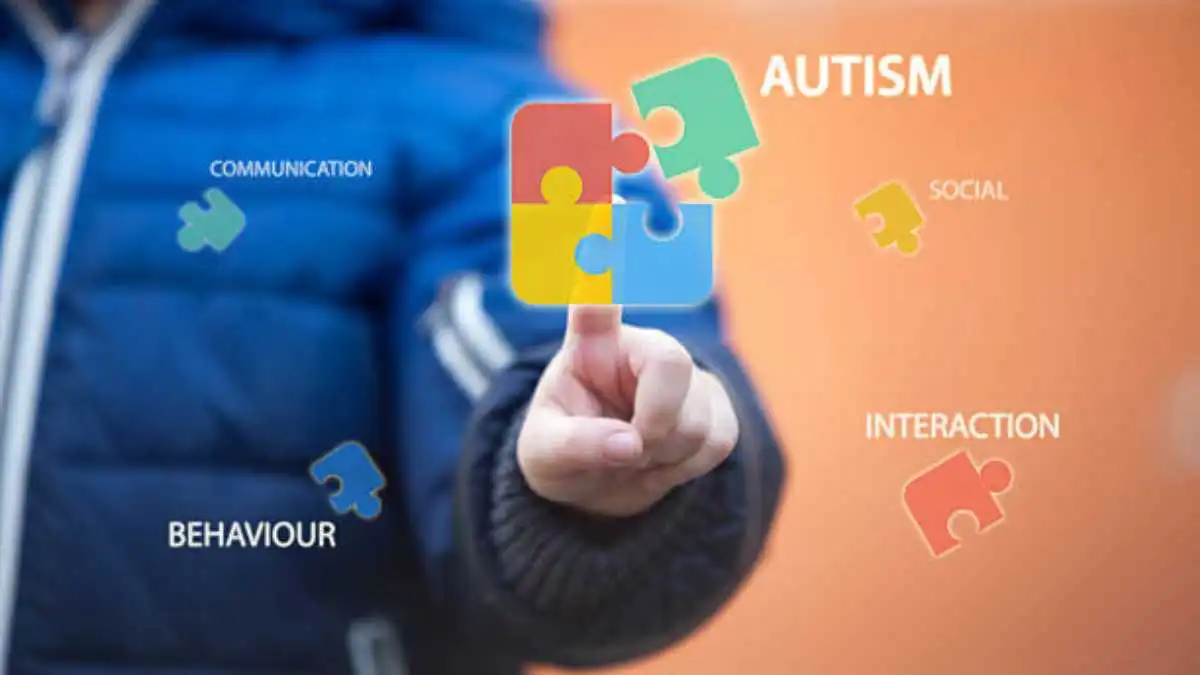HEALTH AND FITNESS
When Should You Consider an Autism Assessment? Recognizing the Signs at Any Age

Introduction
Autism is a spectrum condition that can present in many different ways. While it is often identified in early childhood, many individuals do not receive a diagnosis until adolescence or adulthood. Knowing when to seek an autism assessment can be crucial for improving quality of life and accessing the appropriate support.
People may seek an ASD assessment due to difficulties in communication, social interaction, or sensory processing. However, these signs can be subtle or mistaken for other challenges, especially in adults who have developed coping strategies. This can lead to underdiagnosis or delayed recognition, which may impact mental health and personal development.
AutismCare provides comprehensive assessments for children, teens, and adults, supporting individuals and families throughout the diagnostic journey. This article outlines key signs that may indicate the need for an autism assessment and how to recognise them across different life stages.
Table of Contents
Early Childhood: The Foundation for Early Identification
For children, early intervention can significantly improve outcomes. Recognising the signs of autism at a young age helps ensure timely access to support and developmental resources.
Social and Communication Signs
In early development, signs may include limited eye contact, delayed speech, or difficulty understanding nonverbal cues. Some children may not respond to their name, avoid physical contact, or struggle to engage in back-and-forth play. Others may exhibit a lack of interest in peers or appear emotionally disconnected.
While not all delays suggest autism, consistent patterns in these behaviours often prompt parents or educators to seek an ASD assessment. It’s important to monitor how these traits develop over time rather than focusing on isolated moments.
Behaviour and Sensory Differences
Children on the spectrum may show repetitive behaviours such as hand flapping, lining up toys, or intense interest in specific topics. Sensory sensitivities—such as aversion to loud noises, strong smells, or certain textures—can also be early indicators.
If these behaviours interfere with everyday functioning or persist despite developmental growth, it may be time to consider a professional autism assessment in Dublin to clarify the child’s needs.
Adolescence: Navigating Complexity and Change
Autism may go undetected during childhood if symptoms are mild, masked, or misattributed to other conditions. However, adolescence often brings increased social demands and emotional complexity, making traits more apparent.
Social Struggles in Teenagers
Teenagers on the autism spectrum may find it difficult to navigate friendships, social cues, or group conversations. They might appear socially withdrawn, overly literal, or anxious in unfamiliar settings. These difficulties can intensify during secondary school, where social hierarchies and expectations become more pronounced.
Repeated misunderstandings or social isolation may suggest the need for an ASD assessment, particularly when they affect self-esteem or academic performance.
Mental Health and Emotional Regulation
Teens may also experience heightened anxiety, depression, or emotional dysregulation. These challenges often overlap with autism, especially if the individual has not received support tailored to their neurodevelopmental profile.
If traditional therapeutic approaches seem ineffective or don’t account for sensory sensitivities and social differences, an autism assessment may provide the insight needed to adjust strategies and improve outcomes.
Adulthood: Seeking Clarity Later in Life
For many adults, an autism diagnosis can bring a sense of validation and self-understanding. Individuals may have gone through life feeling different, misunderstood, or exhausted from masking their behaviours to fit in. In some cases, they may have received misdiagnoses such as social anxiety, ADHD, or personality disorders.
Signs to Watch For in Adults
Common traits include difficulty reading social cues, challenges with verbal communication, preference for routines, and strong focus on specific interests. Adults may find group settings draining, struggle with job transitions, or feel overwhelmed by sensory input in everyday environments.
An adult autism assessment can help clarify long-standing questions, making it easier to find community, understand personal needs, and access workplace or social accommodations.
The Emotional Impact of Late Diagnosis
Receiving a diagnosis later in life can bring relief, but it may also lead to processing grief over missed opportunities or misunderstandings. Nonetheless, it provides a foundation for moving forward with greater self-awareness and access to the right support systems.
AutismCare recognises the unique needs of adults pursuing a diagnosis, providing a thorough and respectful process tailored to the lived experiences of late-identified individuals.
The Value of Diagnosis at Any Age
Autism assessments are not just about receiving a label—they open doors to understanding, resources, and personal growth. Whether a child is showing early signs or an adult is looking for clarity, an accurate assessment can have a lasting impact.
Benefits of Assessment Include:
- Access to tailored educational or workplace accommodations
- Improved self-awareness and emotional regulation
- Connection with autism-specific services or community groups
- Better support for co-occurring conditions like anxiety or ADHD
Understanding one’s neurodivergence can foster self-compassion and provide a framework for navigating the world with greater confidence.
When to Take the Next Step
Deciding to pursue an assessment isn’t always easy, but there are clear signals that it may be time. These include:
- Persistent social difficulties across settings
- Sensory sensitivities that interfere with daily life
- Rigid routines or intense focus that impact flexibility
- Difficulty with change or transitions
- A history of misdiagnoses or treatment plans that haven’t helped
If these challenges are long-standing and affect your ability to function or feel understood, seeking an autism or ASD assessment can be a transformative step.
It’s also important to consider the input of trusted friends, family, or professionals. They may notice patterns or challenges that are harder to see from within.
Conclusion
Recognising the need for an autism assessment is a personal and sometimes emotional journey, but it can be the first step toward better understanding and support. Whether in childhood, adolescence, or adulthood, the signs are often there—it’s just a matter of knowing what to look for.
A timely ASD assessment can lead to improved self-knowledge, stronger support systems, and healthier mental and emotional well-being. With the right guidance, diagnosis brings not just clarity, but empowerment.
AutismCare provides expert-led assessments that honour individual differences and foster a greater sense of belonging at every stage of life.
-

 GENERAL2 months ago
GENERAL2 months agoUncovering the World of кинокрадко: The Dark Side of Film Piracy
-

 GENERAL1 month ago
GENERAL1 month agoUnveiling the Art of преводсч: How Translators Bridge Language Barriers
-

 YOGA1 year ago
YOGA1 year ago4 Person Yoga Poses for Beginners
-

 GENERAL2 months ago
GENERAL2 months agoThe Journey of iamnobody89757: From Anonymous User to Internet Sensation


























